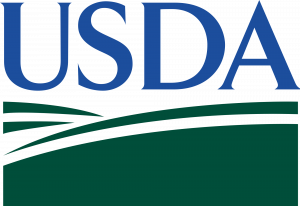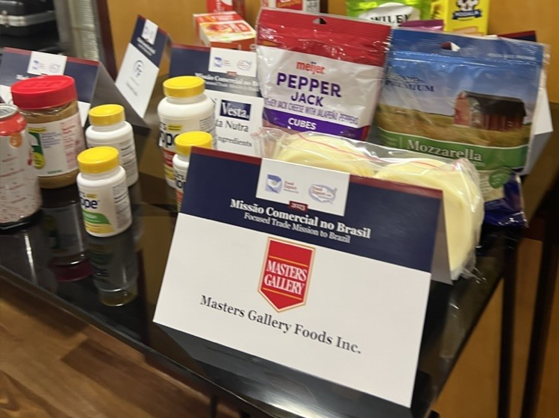Certification of U.S. Corn Ethanol Producers Under Renovabio
Implemented in 2020, the RenovaBio program in Brazil seeks to decarbonize the transport sector by setting reduction targets for fuel distributors. After two years of implementation, no U.S. ethanol plants have been certified yet under the RenovaBio program, losing market competitiveness, and limiting access to the carbon credit market inside Brazil.
In response, the U.S. Department of Agriculture (USDA) through the Foreign Agricultural Service (FAS) in Washington DC and Sao Paulo, Brazil along with the U.S. Grains Council (USGC), hosted a team of Brazilian government officials from the National Agency for Petroleum, Natural Gas and Biofuels (ANP), the Ministry of Mines and Energy (MME) and the Brazilian Enterprise for Agricultural Research (EMBRAPA) that recently met with U.S. government officials, industry representatives and key stakeholders in the U.S. ethanol supply chain.
The engagement was arranged to provide technical information to the Brazilian officials, helping them better understand U.S. ethanol industry certification programs, logistics, and operational practices. Through this mission, the USDA hopes to answer questions Brazilian regulators have regarding the U.S. agricultural system and sustainability efforts in the different corn growing states. By receiving first-hand information, the Brazilian delegation will be able to adjust the requirements of the program and create access for U.S. ethanol plants.
The level of participation and the information provided by the government and industry stakeholders have amplified the knowledge about the implementation of the U.S. biofuels program and the requirements to fulfill sustainable practices that are expected to encompass the RenovaBio goals.
FAS Brazil continues to work with Brazilian government officials and U.S. industry to certificate the U.S. ethanol plants under Renovabio and take advantage of the decarbonization credites generated by such certification.



